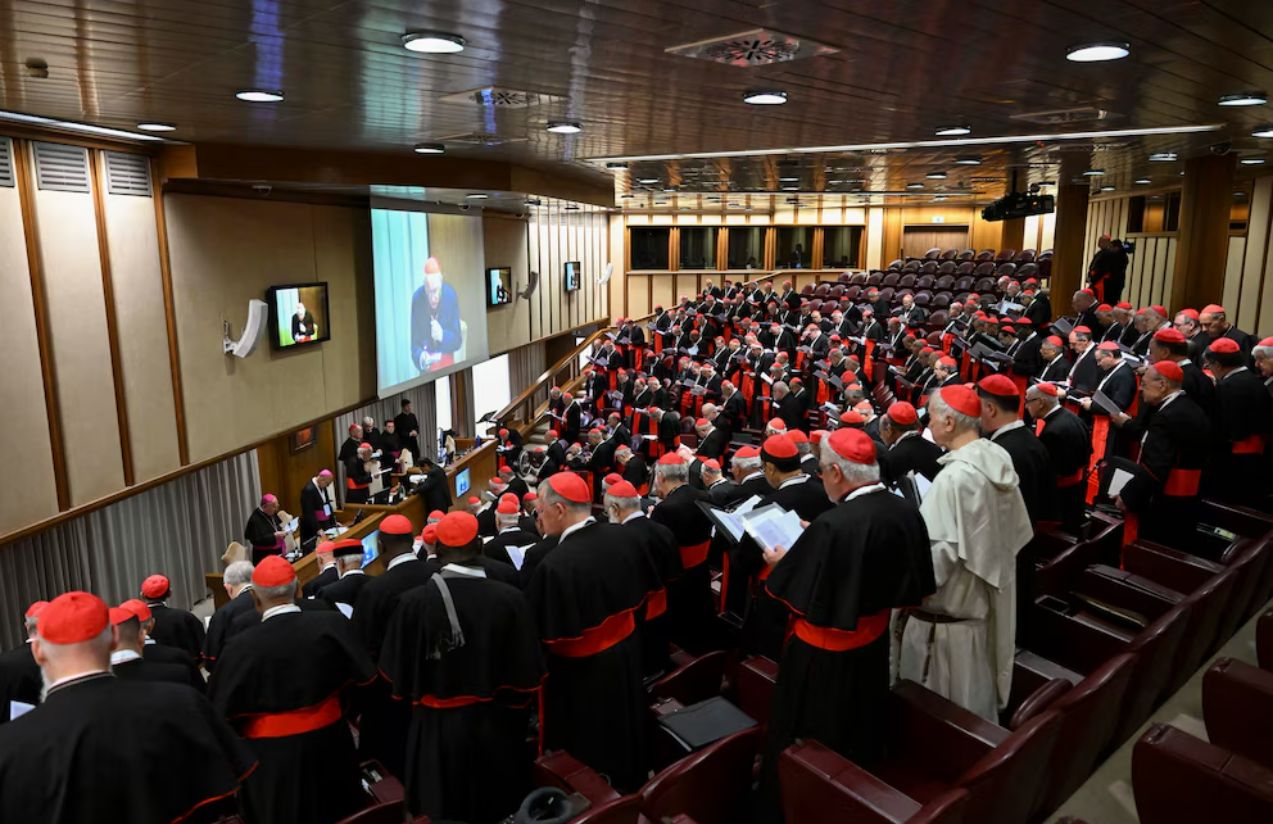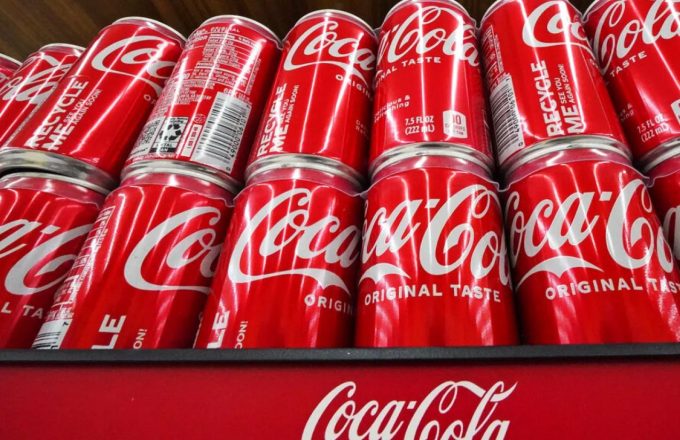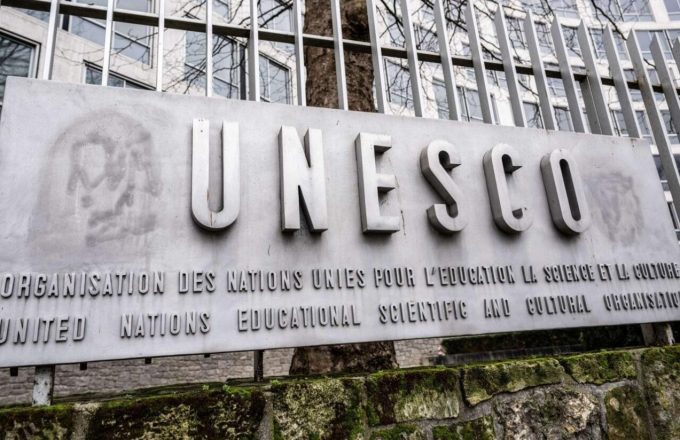The 133 cardinals who will take part in electing the new pope have arrived in Rome ahead of the conclave set to begin this Wednesday, the Vatican announced on Monday.
Voting will start at 4:30 p.m. local time (2:30 p.m. GMT) in the Sistine Chapel, where the cardinals will meet behind closed doors until they reach a consensus. To be elected, the new pontiff must secure at least two-thirds of the votes—89 ballots if the current number of electors holds.
Out of the 135 cardinals under the age of 80 eligible to vote, two have declined to attend due to health issues, reducing the number of participants to 133. The cardinals come from 71 countries, making this the most geographically diverse conclave in the Church’s history.
Europe remains the most represented continent with 52 cardinals, following the absence of a Spanish elector. Asia, including the Middle East, will be represented by 23 cardinals, highlighting the region’s growing role in ecclesial life. Africa will have 17 voters after a Kenyan cardinal withdrew.
Seventeen South American cardinals will take part, several of whom have made significant pastoral contributions. North America will contribute 16 votes—10 from the United States, 4 from Canada, and 2 from Mexico. Central America will be represented by 4 cardinals, while Oceania will also have 4, hailing from Australia, New Zealand, Papua New Guinea, and Tonga.
As preparations for the conclave intensify, all staff involved in the process—from liturgical officials and medical personnel to elevator operators and cleaning staff—will be required to take an oath of secrecy on Monday. The ceremony will take place at 5:00 p.m. (3:00 p.m. GMT) in the Pauline Chapel, under the supervision of the camerlengo, Cardinal Kevin Joseph Farrell, and three assisting cardinals, as mandated by the Apostolic Constitution Universi Dominici Gregis.
The confidentiality requirement extends even to florists, technical staff, and members of the Swiss Guard stationed near the Sistine Chapel. After being briefed on the nature of the oath, each individual must personally pronounce and sign a formula forbidding them from disclosing anything they see or hear during the conclave.
“The oath is binding in perpetuity,” the text emphasizes, with excommunication as the penalty for violations. It also explicitly prohibits the use of any recording or transmission devices during the electoral process.




















